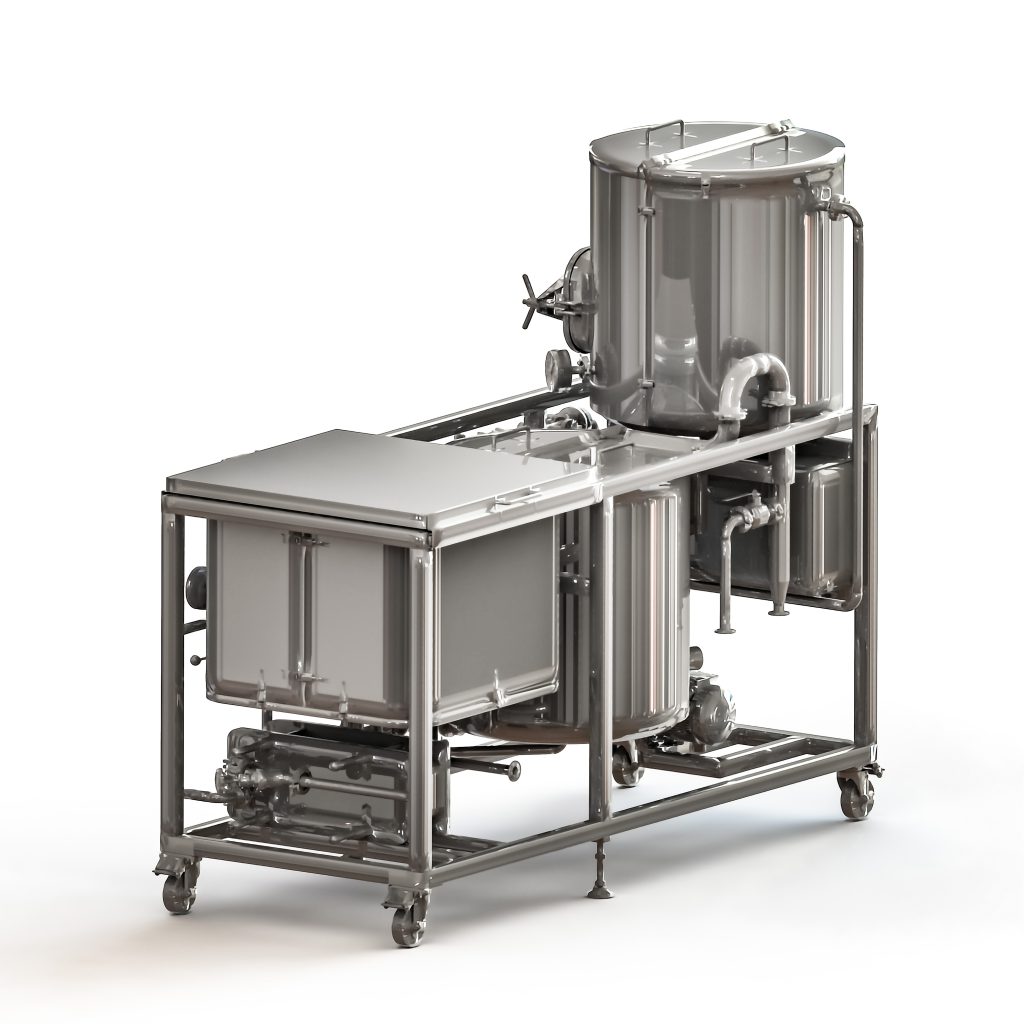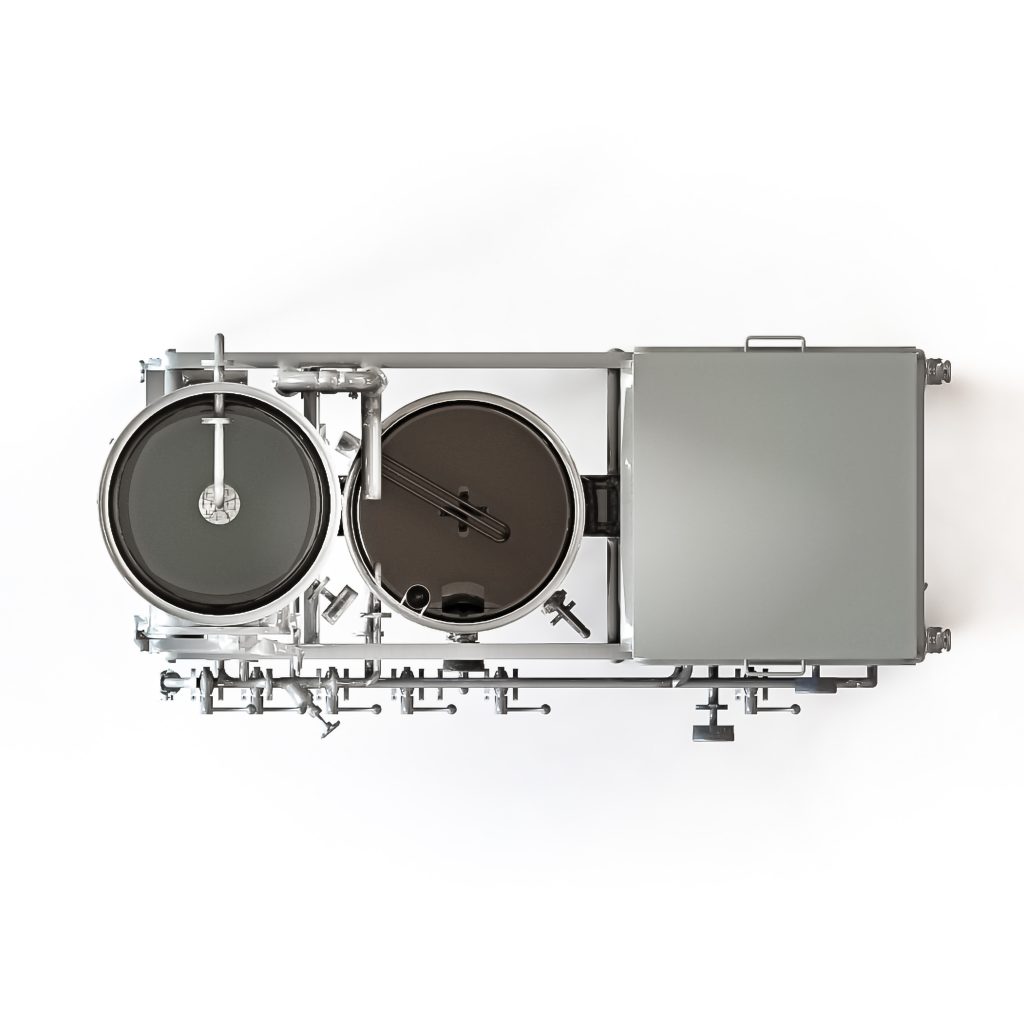Introduction

Brewing beer is an art that requires precision, passion, and the right tools. Brewers equipment plays a crucial role in the beer-making process, influencing everything from flavor profiles to efficiency. In this blog post, we delve into the intricate world of brewers equipment, exploring its significance in crafting the perfect brew.
The Importance of Quality Brewers Equipment
To create exceptional beer, brewers rely on a variety of equipment, each serving a unique purpose. From brew kettles to fermentation tanks, every piece of equipment plays a crucial role in the brewing process. Let’s explore some key equipment and their contributions:
- Mash Tun: The mash tun is where the mashing process takes place, converting starches into fermentable sugars. Quality mash tuns ensure efficient extraction of sugars, leading to better fermentation and flavor development.
- Fermentation Tanks: These vessels are where the magic of fermentation happens. They provide a controlled environment for yeast to convert sugars into alcohol and carbon dioxide. Properly designed fermentation tanks help maintain temperature and pressure, crucial factors for achieving desired flavors and aromas.
- Kegging Systems: Once the beer is fermented and aged, it needs to be properly packaged for distribution and consumption. Kegging systems allow brewers to carbonate and package their beer efficiently, preserving its freshness and quality.
The Evolution of Brewers Equipment
Over the years, brewers equipment has undergone significant advancements, driven by innovation and technology. From traditional brewing methods to modern automation, the evolution of brewers equipment has revolutionized the beer-making industry. Here are some notable developments:
- Automated Brewing Systems: With the rise of automation, many breweries are turning to automated brewing systems that streamline the brewing process. These systems offer precise temperature control, recipe management, and data logging capabilities, allowing brewers to produce consistent, high-quality beer with minimal manual intervention.
- Advanced Fermentation Control: Fermentation is a critical stage of the brewing process, and advancements in fermentation control technology have enabled brewers to achieve greater precision and consistency. From glycol cooling systems to digital temperature controllers, brewers now have more tools than ever to fine-tune their fermentation process and optimize flavor development.
Comparison of Traditional vs. Modern Brewers Equipment

Advancements in brewing technology have significantly improved efficiency and precision in modern brewers equipment compared to traditional methods.
| Equipment | Traditional | Modern |
|---|---|---|
| Mash Tun | Manual temperature control, limited insulation | Automated temperature control, insulation |
| Fermentation Tank | Open-top wooden vessels | Closed stainless steel tanks |
| Kegging System | Manual filling and carbonation | Automated filling and carbonation |
Maintenance and Care of Brewers Equipment
Proper maintenance and care of brewers equipment are essential for ensuring its longevity and performance. Regular cleaning, sanitization, and inspection help prevent contamination and ensure consistent brewing results. Additionally, proactive maintenance measures such as lubricating moving parts and replacing worn components can help avoid costly repairs and downtime. By prioritizing maintenance and care, brewers can prolong the lifespan of their equipment and continue to produce high-quality beer batch after batch.
Conclusion
Brewers equipment plays a vital role in shaping the flavor, aroma, and overall quality of beer. From traditional brewing methods to modern technological innovations, the evolution of brewers equipment has enabled brewers to push the boundaries of creativity and craftsmanship. By understanding the significance of each piece of equipment and embracing advancements in brewing technology, brewers can continue to craft exceptional beer that delights the senses and captivates the palate.
FAQ
Q:What are the essential pieces of equipment for brewing beer?
A:Essential equipment includes a mash tun, fermentation vessels, kegging systems, and various tools for measuring and monitoring the brewing process.
Q:How does brewers equipment impact the flavor of beer?
A:Brewers equipment influences flavor through factors such as temperature control, fermentation management, and carbonation levels. High-quality equipment can enhance flavor development and consistency.
Q:What are some common challenges associated with brewers equipment?
A:Common challenges include equipment maintenance, sanitation, and scalability. Proper maintenance and sanitation practices are essential for ensuring the longevity and performance of brewers equipment. Additionally, as breweries grow, they may need to invest in larger or more advanced equipment to meet demand.
Q:How can brewers optimize their equipment for efficiency and quality?
A:Brewers can optimize their equipment by regularly calibrating and maintaining it, implementing efficient brewing processes, and staying informed about advancements in brewing technology. Collaboration with equipment manufacturers and fellow brewers can also provide valuable insights and support continuous improvement efforts.
Q:Are there any environmental considerations associated with brewers equipment?
A:Yes, brewers equipment can have environmental impacts related to energy consumption, water usage, and waste generation. Breweries can mitigate these impacts by investing in energy-efficient equipment, implementing water conservation measures, and implementing recycling and waste reduction initiatives. Additionally, some breweries are exploring alternative energy sources and sustainable brewing practices to minimize their environmental footprint.

